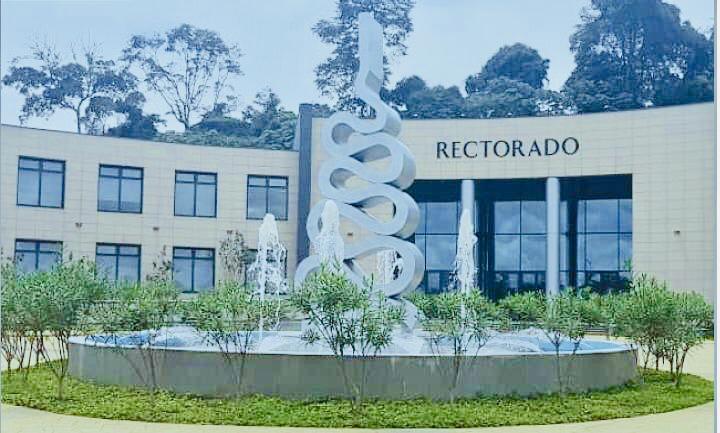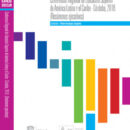Digital course certification and teacher performance tracking program begins

On April 8, the Digital Course Certification and Teaching Performance Monitoring Program (Programa Certificación de Cursos Digitales y Seguimiento del Desempeño Docente) was launched for 80 higher education teachers at the Universidad Nacional de Educación Enrique Guzmán y Valle (UNE), in Peru.
This program seeks to strengthen the academic and pedagogical competencies of 21st century teachers who need to implement teaching management strategies for an education suitable for different teaching-learning modalities: virtual, face-to-face or blended learning.
The approach to virtual teaching is based on the application of active and innovative methodologies that achieve a significant learning experience from a learning-by-doing approach and are the starting point to strengthen the competency development of the teaching team for the delivery of online courses and the corresponding management of virtual classrooms.
The program will be developed over 20 weeks and has a duration of 120 hours of training distributed in five virtual modules with specialized webinars from experts in the field, as well as personalized consulting with tutors from Argentina, Colombia, Spain and Mexico.
- First module: will address the aspects that allow the transition from face-to-face to virtual education, considering the methodologies of virtuality.
- Second module: will work on communication and interaction in the classroom. This module seeks to reinforce virtual communication skills, reviewing tools and methodologies for communication in virtual environments.
- Third module: deals with a crucial aspect of virtual teaching, the activities and their didactic mediations. Activities are at the core of active methodologies, the good identification of suitable activities and their role in the teaching-learning process is a central theme of virtual education.
- Fourth module: will focus on Strategies to strengthen student motivation and engagement, one of the biggest challenges of virtual education is to maintain student motivation, for this reason a complete module is dedicated in the program to review these strategies that will help teachers to keep their students actively involved in their training.
- Fifth module: will provide teachers with advanced training on how to take advantage of the technological advantages of training platforms in terms of data collection and student progress information, and will help them to know how to use Learning Analytics as a fundamental tool for continuous improvement.
The program completes a line of teaching competency development, which begins with a virtualization program that works on pedagogical and instructional design as well as the development of digital resources for virtual education. It continues with this program that reinforces the virtualization of contents with the recognition of a transformation path towards hybrid teaching-learning methodologies based on innovative teaching proposals that combine active learning and collaborative work based on learning based on projects, problems or challenges.
“The focus of this second program is of a practical nature with concrete and focused tools for virtuality, but that can be transferred to a face-to-face model or a semi-face-to-face model.”
Diego Mendoza, Pedagogical Advisor
At the end of each module, participants should work on the sections corresponding to the Teachers’ Guide for their course. This document will be built in an iterative and incremental manner and is fed by the progress achieved through the activities and reflections made in each module.
“It is an honor and gratitude to have UNESCO IESALC’s extensive experience at our university with a view to quality improvement in our classrooms.”
Juana Bobadilla, UNE Teacher
UNESCO IESALC seeks to promote collaborative work and the development of teaching skills and competencies to improve the quality of education in virtual and blended learning courses. Working together with UNE guarantees memorable teaching processes for its students and a strengthening of competencies for its teaching staff.
The program has the contribution of highly experienced and reputable teachers who will be accompanied by a team of UNESCO IESALC advisors specialized in virtual support and counseling.
RELATED ITEMS








